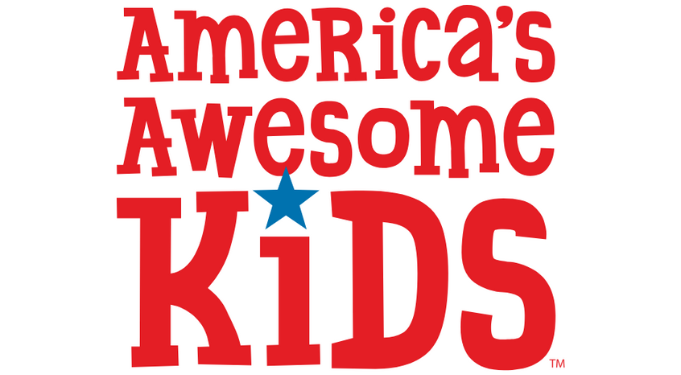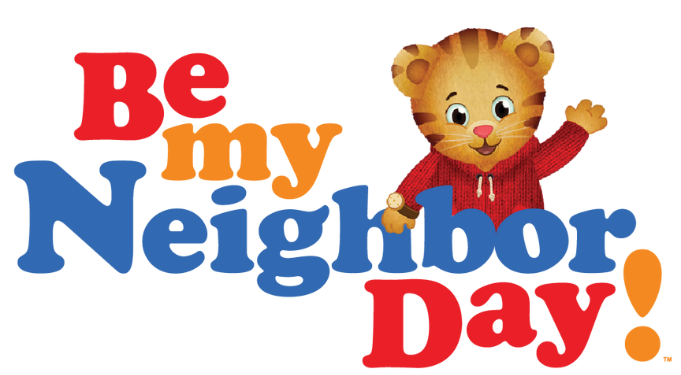Maximumrocknroll, Yama And Clifftop, Inside Appalachia
This week, a Tennessee DJ takes us on a tour of Appalachian punk and metal. Also, Appalachian culture is enriched by its immigrants. We explore the fusion of West Virginia and Japan. And, Appalachia isn’t all punk rock and Japanese food. There’s also string band music.
Continue Reading Take Me to More News





















